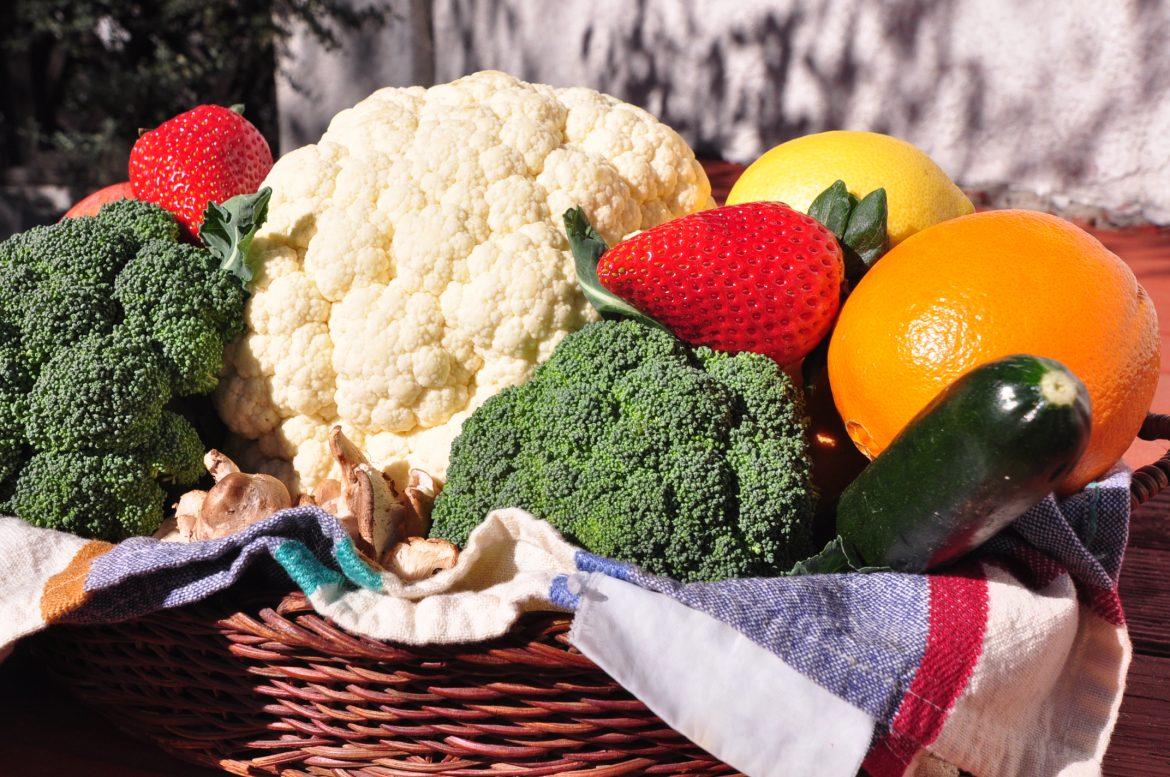Many aspire to eat healthy, and even loose the holiday weight. On a student salary this can be difficult.
Healthy eating doesn’t have to mean burning a hole in your wallet. Affordable eating shouldn’t burn a hole in your stomach. It is not impossible to eat well on a budget when you know where to go, what to get, and what to do.
It’s surprising how much money one can save by making meals from home instead of eating out. The $10 or so you would otherwise spend can instead be put toward buying enough food for three meals, depending on what you get. This money can go toward nutritious and healthy food that can last even days, instead of supplying you with minimal use.
We are students, and we need to stay energized. Try these simple meals to give you brain power on a tighter budget.
For breakfast, consider blending a fruit or green smoothie and having an egg, toast, or some protein to add nourishment. If you like yogurt, or cereal, opt for granola- based options and combine the two! For toast and bagel lovers, try wheat over white. You can switch things up and save money by getting more out of the staples you buy.
A healthy lunch could include a protein, carbohydrate and/or vegetable. If you don’t eat meat, try tofu or a substitute. Remember to add plenty of greens and fruit through the day to vary calories and provide your body with balance. You don’t want too much of one thing.
For snacks, consider keeping nuts and fruit around, or even chopping up vegetables to add to any meal. These are key ingredients that are cheap, simple, and can go pretty far. Consider bringing water or drinks from home, or purchasing water or tea while at school. Avoid soda, especially early in the morning. You want to hydrate your body, not add unnecessary sugar and chemicals.
For those who are not for meal planning, consider healthy options to go or stocking up on snacks to keep you energized through the day. Making every meal can get tiring, and sometimes you need to take something to go, but you can get this at the grocery store and in bulk for so much cheaper than at a restaurant.
For some more options, check out places like Trader Joe’s and Vons for their fabulous line of pre-made salads. Both places offer coupons and membership programs to save you money.
While there, try to buy fresh fruit and veggies each week, and freeze in bulk proteins and meat you want to last longer. Many stores have greens for $5 or less that should last a week, and fruits should be around the same price.
Try to think organic. These foods will not have the extra hormones or unnatural ingredients that are not necessary to a healthy diet. Also consider how much food you need, and plan accordingly.
To help with grocery shopping, watch for the farmers market coming to campus! It’s a great chance to purchase farmed fruit and veggies, and a selection of organic produce, crafts, and other products. It will be here every Tuesday starting Feb. 2, from 10-2 p.m., located between East University Drive and Magnolia Walk.
Eating healthy on a budget is not impossible with so many resources.











